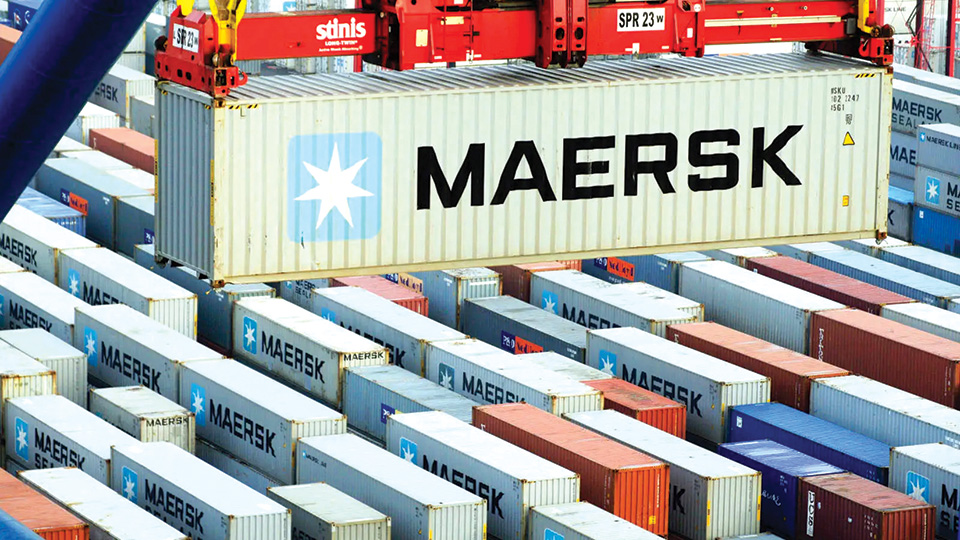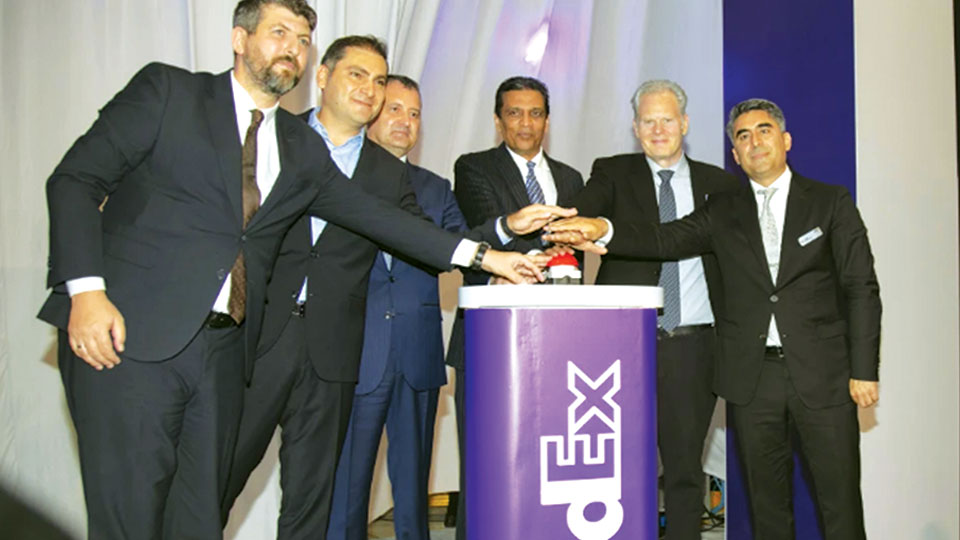
Dhaka : While the ready-made garment (RMG) sector often dominates headlines, a vital but often overlooked segment of Bangladesh's trade ecosystem is the freight forwarding industry-a linchpin that quietly powers approximately USD 125 billion in cross-border trade.
"Freight forwarders are not just service providers-we are strategic partners enabling Bangladesh to trade with the world," said Nurul Amin, Managing Director of Tower Freight Logistics Limited, in an exclusive interview with The Bangladesh Monitor.
From ensuring timely shipments to navigating customs and compliance hurdles, freight forwarders play a pivotal role in maintaining the reliability of the country's supply chain.
They manage complex logistics processes, including documentation, warehousing, insurance, and customs clearance-all ess-ential for keeping Bangladesh's export engine running smoothly.
"We are solving real-world problems every day-from securing alternative shipping routes during global container crises to ensuring shipments reach international markets on time," Amin emphasized.
Foreign currency contributions, economic significance
What sets the freight forwarding industry apart is its significant contribution to foreign exchange earnings.
An estimated 95 percent of the sector's income comes in foreign currency, thanks to international profit-sharing agreements.
This makes freight forwarding a vital contributor to Bangladesh's forex reserves-a key economic buffer, particularly in the post-pandemic recovery and pre-graduation LDC (Least Developed Country) era.
Industries ranging from RMG and leather to pharmaceuticals and frozen food depend heavily on freight forwarders.
Utilizing sea, air, and land routes, these companies ensure that Bangladesh remains competitive in the global marketplace through timely, cost-effective delivery solutions.
Recognition challenges, regulatory bottlenecks
Despite its impact, the industry still battles for recognition and equitable treatment, said the Managing Director.

Nurul Amin, Managing Director, Tower Freight Logistics Ltd
"Freight forwarders are often viewed as peripheral service agents, not strategic contributors to national trade," said Amin. "That mindset must change."
He pointed to a series of long-standing issues:
• Absence of internationally standardized licensing systems.
• Burdens placed on forwarders when importers default on cargo collection.
• Inconsistent adherence to INCOTERMS among local traders.
• Regulatory and financial barriers around transshipment payments and 3rd country payments.
• High Advance Income Tax (AIT) and corporate tax rates, despite foreign currency earnings.
• Lack of stakeholder's consultation in trade, transport, and aviation policymaking.
Road ahead: policy, infrastructure, innovation
To address these hurdles and elevate Bangladesh's logistics ecosystem, Amin proposed a comprehensive reform agenda:
Policy and regulatory reforms:
• A Unified Licensing System across all ports to cut red tape.
• Full automation of customs via National Single Window and ASYCUDA for efficient clearance.
• Inclusion of freight forwarders in trade policy formulation.
Infrastructure upgrades:
• Expansion of private ICDs and bonded warehousing to ease port congestion.
• Development of multimodal connectivity-rail, road, and waterways-for cost-effective transport.
Technology integration:
• Adoption of Transportation Management Systems (TMS), GPS tracking, and Electronic Data Inter-change (EDI) to modernize logistics operations.
Air freight expansion and cold chain logistics:
• Encourage Biman Bangladesh Airlines to operate dedicated freighters.
• Lower aviation and ground handling charges to attract more foreign airlines.
• Investment in cold storage facilities and cool chain logistics for temperature-sensitive exports.
• Common-use warehouse spaces near airports to support SME forwarders.
Skill Development and global standards:
• Enhance workforce capabilities through training in global logistics standards and digital systems.
Cargo scanning enhancements:
• Shift to full Unit Load Device (ULD) scanning for speedier clearance.
• Ensure sufficient backup scanning infrastructure to avoid operational delays.
Call for recognition
Bangladesh's future as a competitive global trading nation hinge on strategic investments in its logistics backbone.

"We are ready to rise to the challenge," Amin declared.
"However, it is time our country gives the freight forwarding industry the recognition, respect, and policy support it deserves."
In return, he promises, "We will build an industry that the government, the private sector, and every Bangladeshi citizen can be proud of."
About Tower Freight Logistics Ltd
Tower Freight is a leading name in Bangladesh's logistics and freight forwarding industry.
Tower Freight provides integrated supply chain solutions for exporters and importers across all modes of transport-air, sea, and land.
Skilled and dynamic executives having extensive background in airlines, shipping lines, and forwarding industry having capability to provide knowledge based supply chain management to manage affairs of the company.
They believe in long-term, mutually beneficial relationships with overseas partners, agents, and customers.
All their offices have CCTV surveillance, warning devices, and under 24 hours security surveillance system complying with security guidelines.
Our financial credibility is validated by certification from Credit Rating Information and Service Limited (CRISL) ensuring financial security for creditors.
Nurul Amin, Managing Director of Tower Freight, is considered a veteran in the industry.












